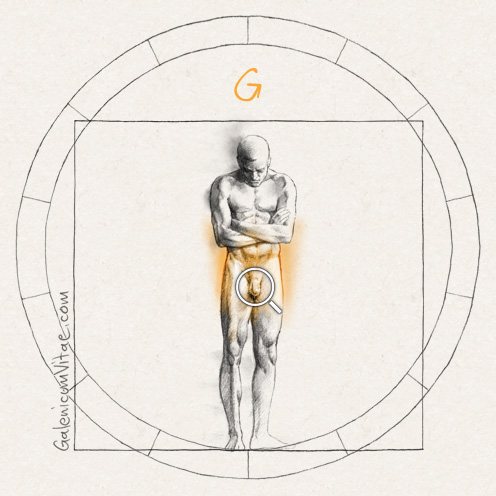Erectile dysfunction (ED) is difficulty to achieve or maintain an erection firm enough for sexual intercourse.
Risk factors. ED becomes more common as people age. But male sexual dysfunction is not a natural part of aging.
Prevention. Talk to your doctor. ED can be a sign of health problems. It may mean your blood vessels are clogged. It may mean you have a vascular lesion caused by diabetes.
Treatment. Your doctor can offer several new treatments for ED. For many men, the answer is as simple as taking a pill. Exercising more, losing weight and stopping smoking can also help.
ED can be a sentinel symptom of peripheral vascular disease in years preceding a major life-threatening event.
ED should be studied, along with other potential causes, because it can be the first symptom of serious illness.
- Erectile dysfunction can produce a severe psychological impact on the patient and his/her partner.
- Erectile dysfunction can be a warning sign of a cardiovascular disease.
- If you have erectile dysfunction, you should consult a physician experienced in sexual medicine.
- There is a treatment for all types of erectile dysfunction. Your doctor should explain the efficacy, safety and benefits of all available treatments.
Erectile dysfunction (ED) is difficulty having, achieving or maintaining an erection. ED becomes more common as you get older. But male sexual dysfunction is not a natural part of aging.
Some people find it hard to talk about sex with their doctor. But if you do have ED, you must communicate this as it can be a sign of health problems. If you don’t consult your doctor, these problems will remain untreated.
For more information visit:
Erectile Dysfunction
http://www.hormone.org/diseases-and-conditions/mens-health/erectile-dysfunction
Erectile Dysfunction
http://www.pcf.org/site/c.leJRIROrEpH/b.5836625/k.75D7/Erectile_Dysfunction.htm

 Digestive
Digestive  Blood
Blood Cardiovascular
Cardiovascular Dermatology
Dermatology Genitourinary,
Genitourinary, Hormones
Hormones Infections
Infections Oncology and
Oncology and Musculo-skeletal
Musculo-skeletal Mental health and
Mental health and Parasites
Parasites Respiratory
Respiratory Senses
Senses Various
Various




